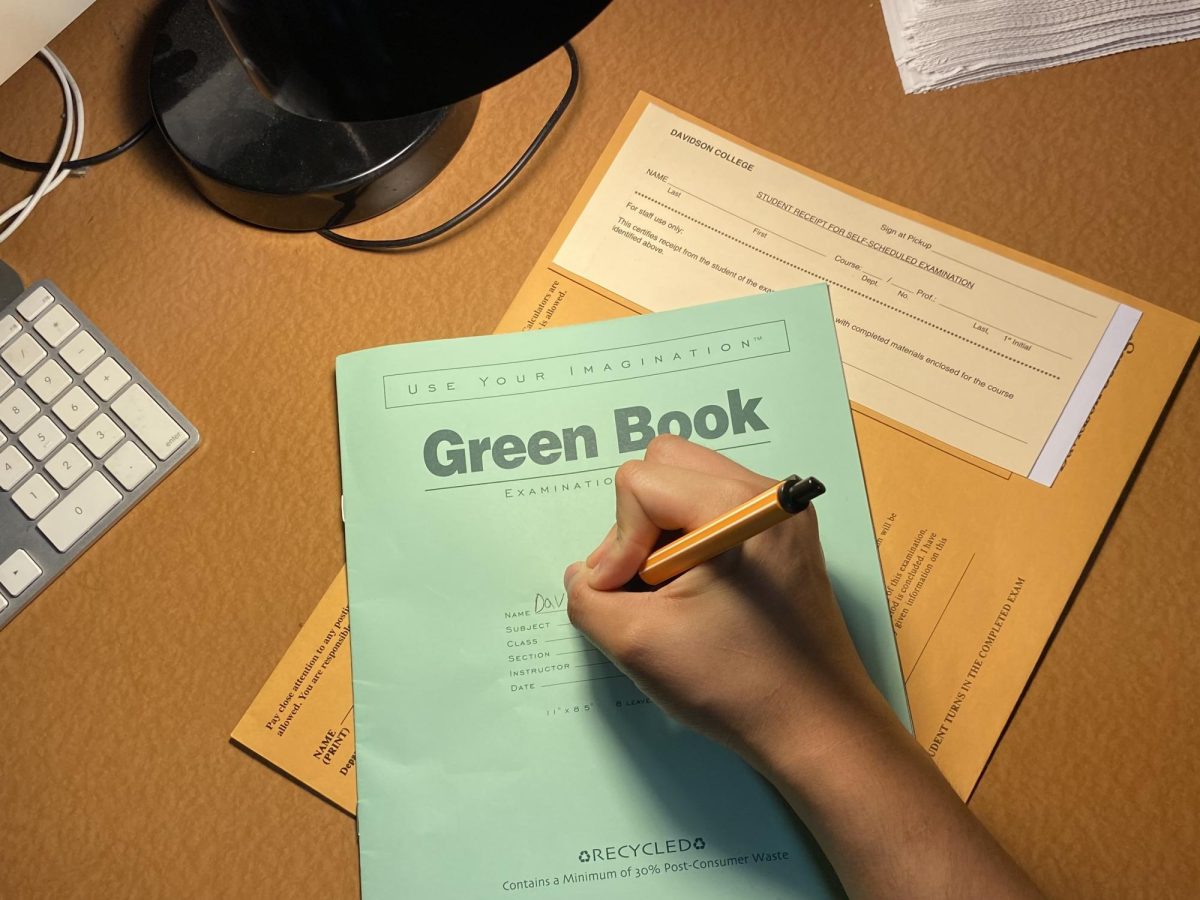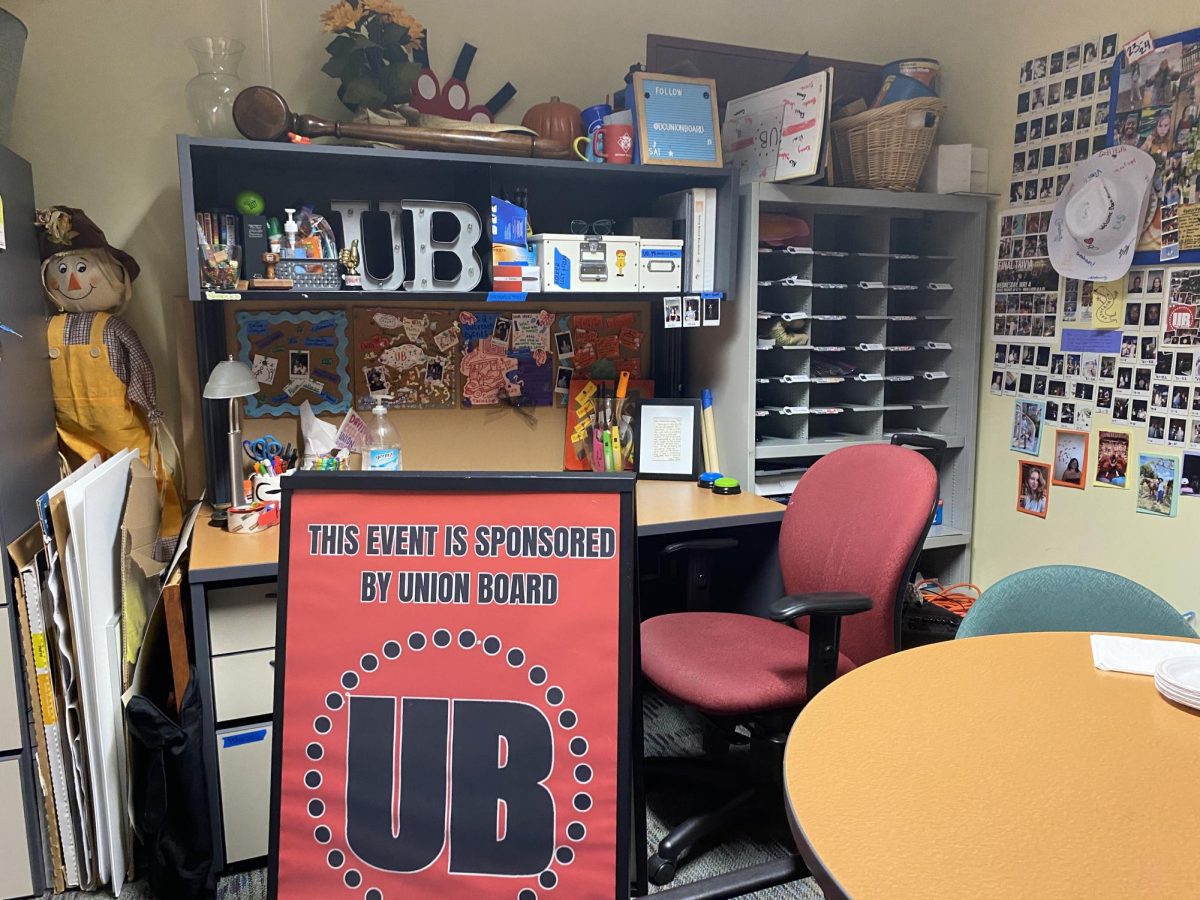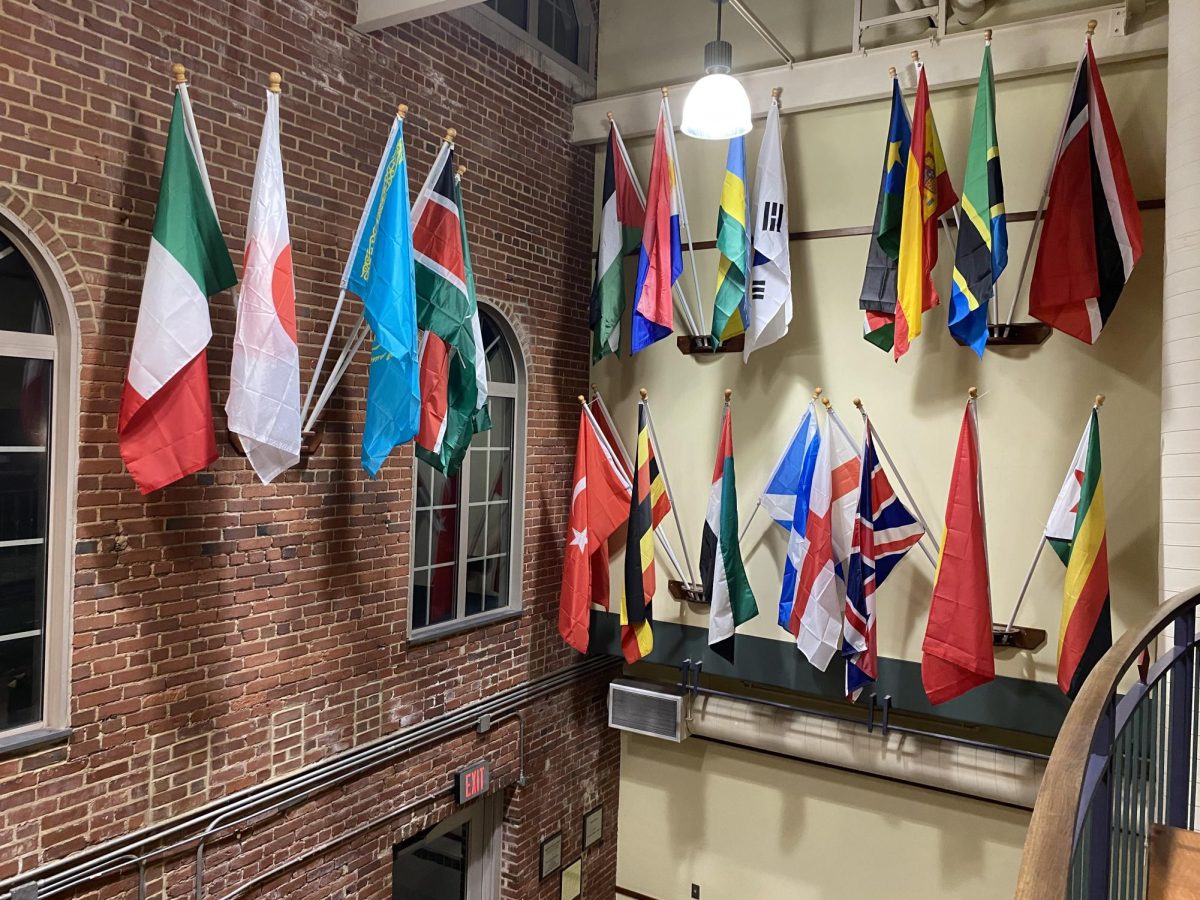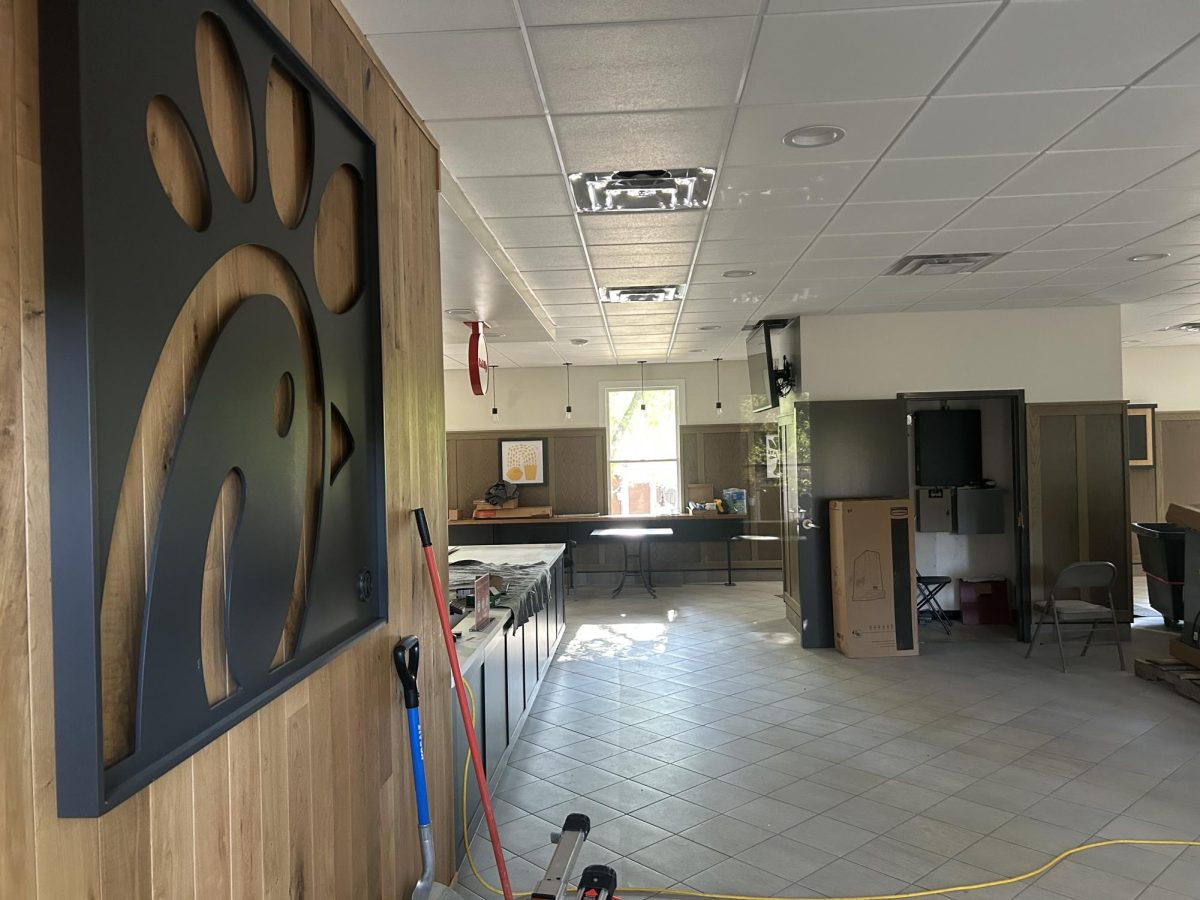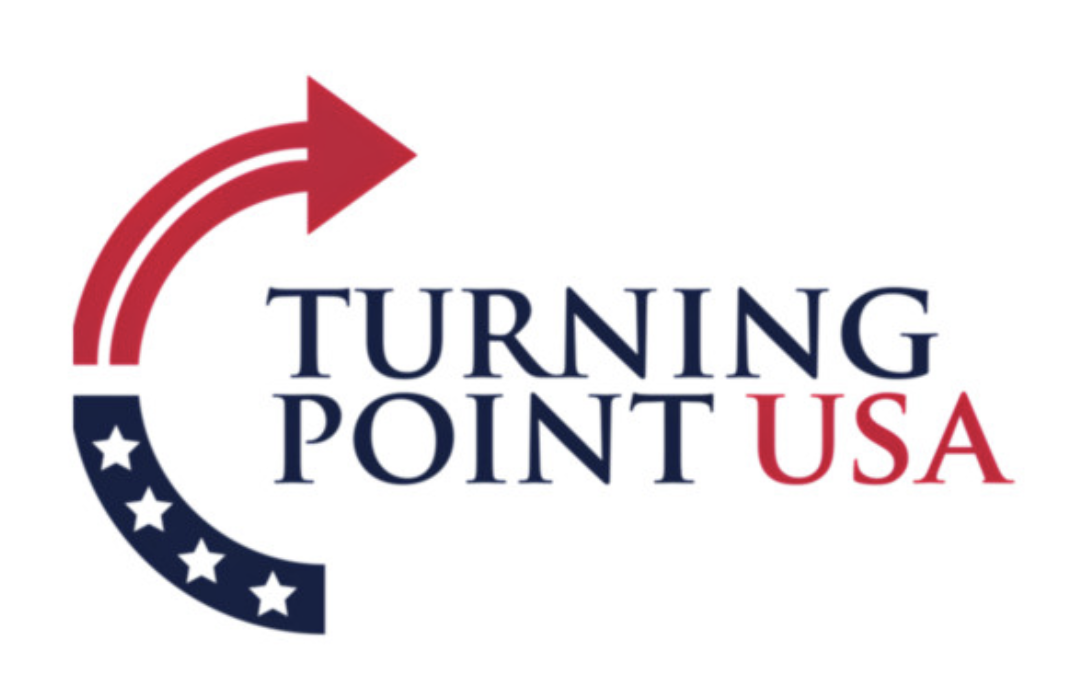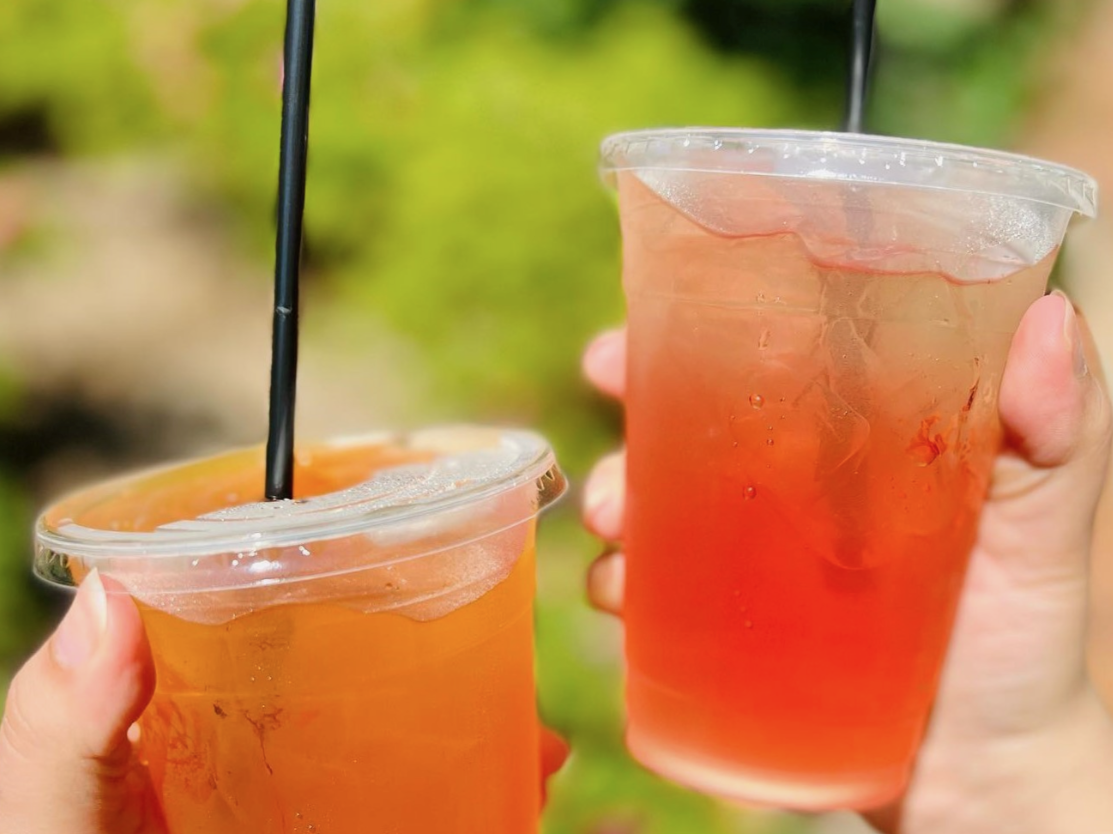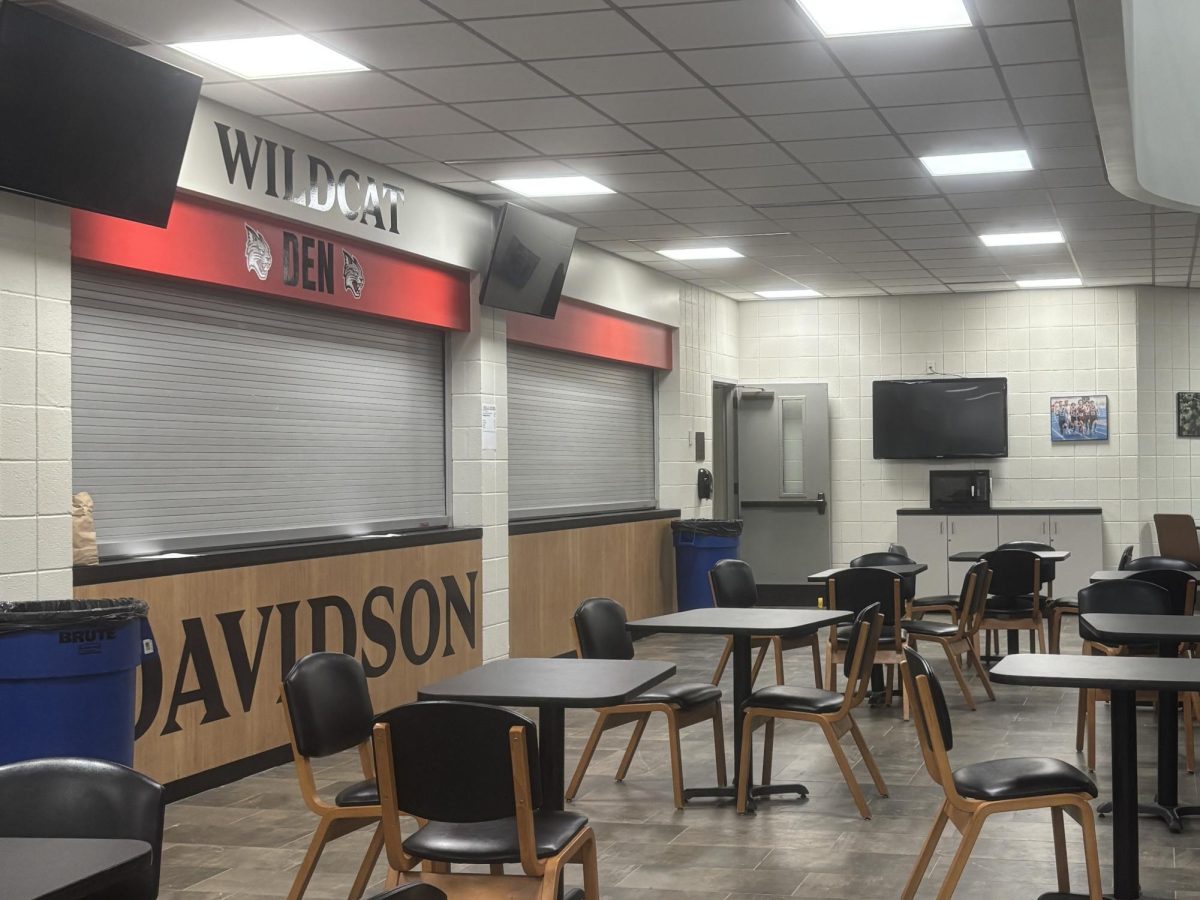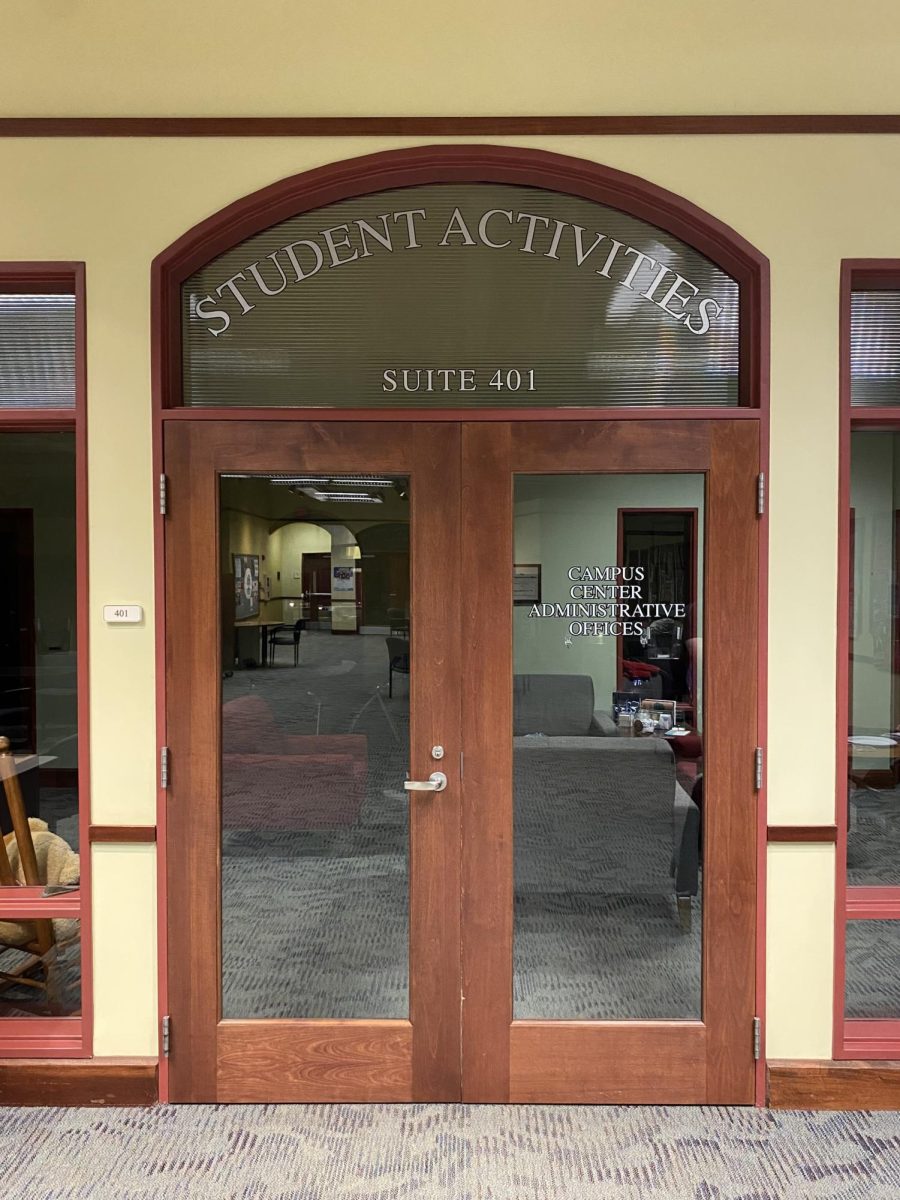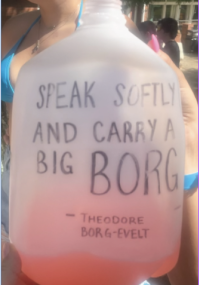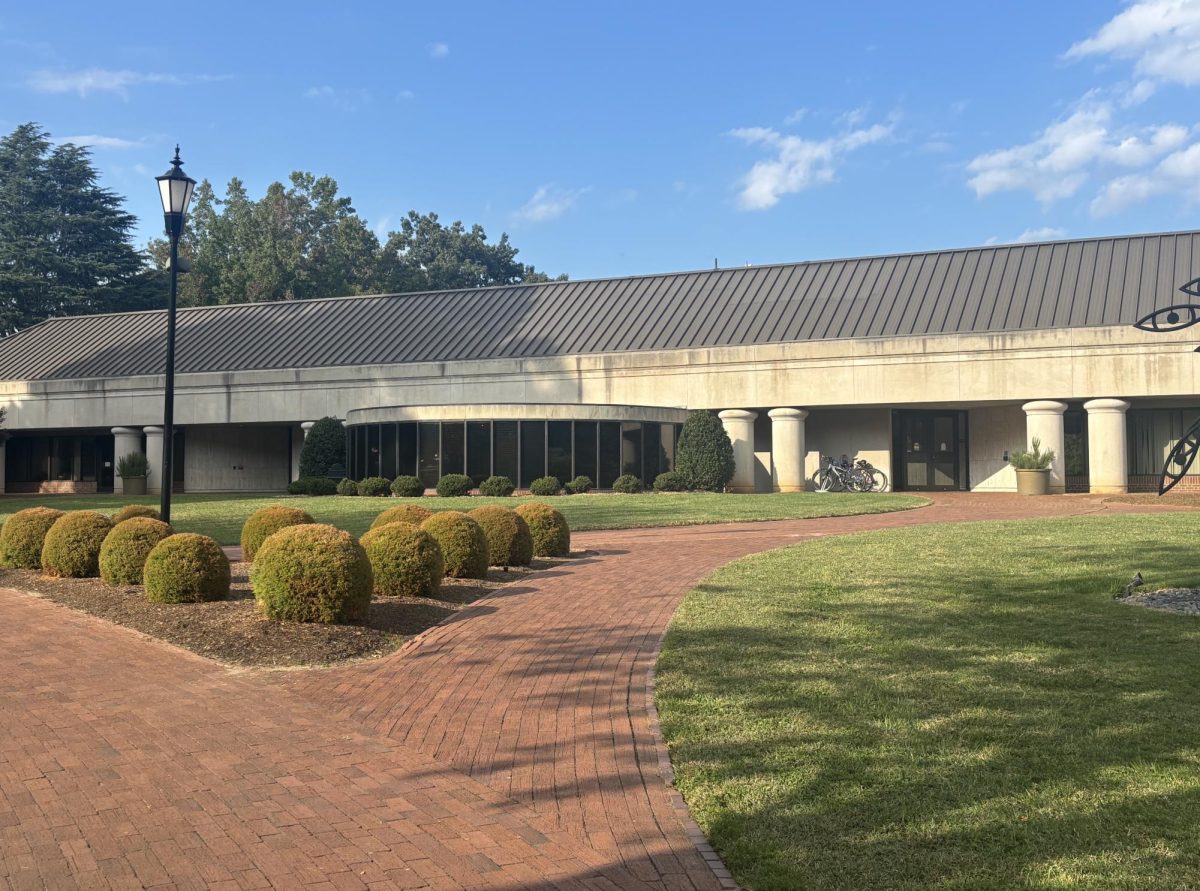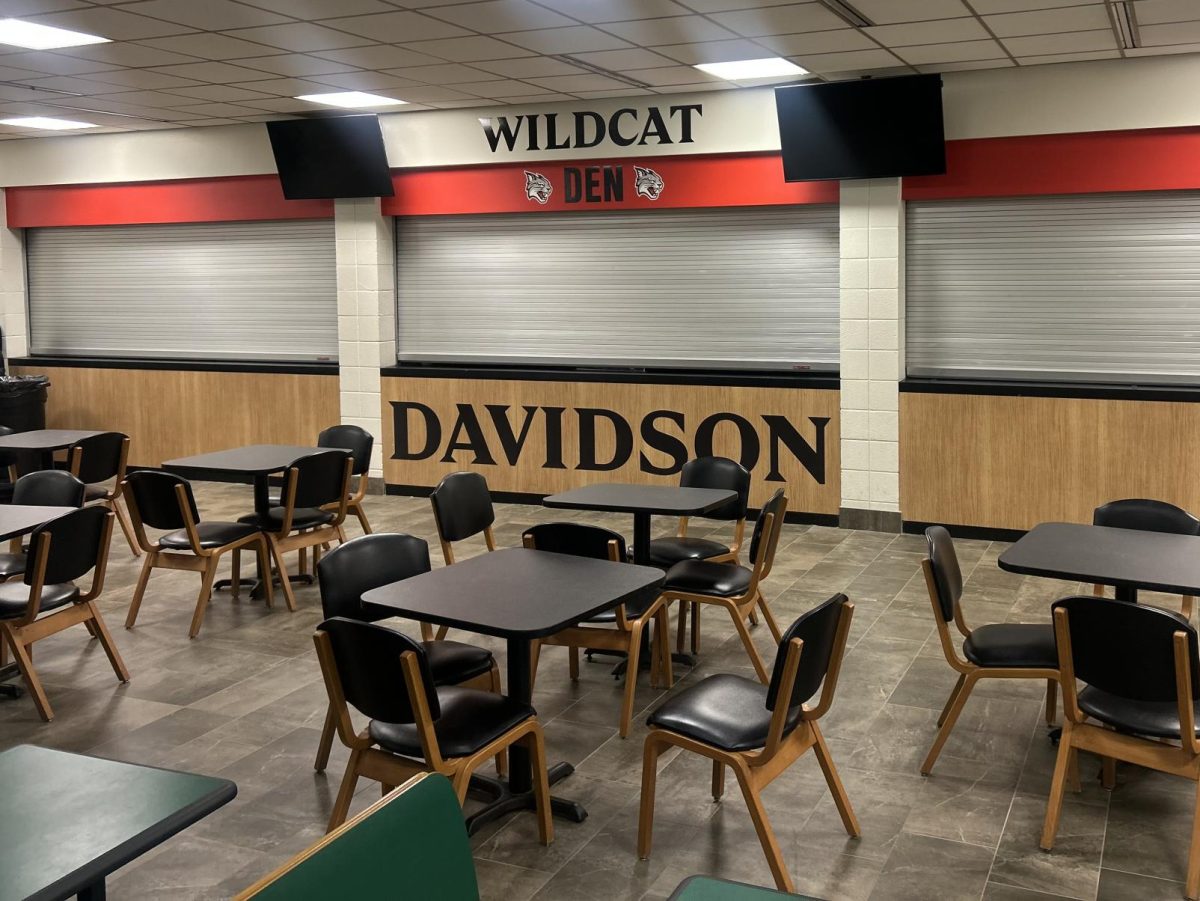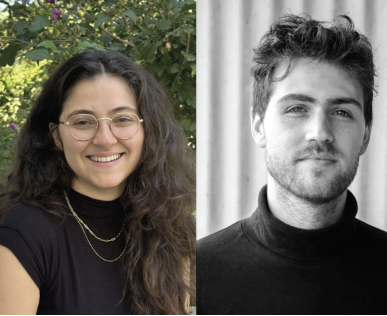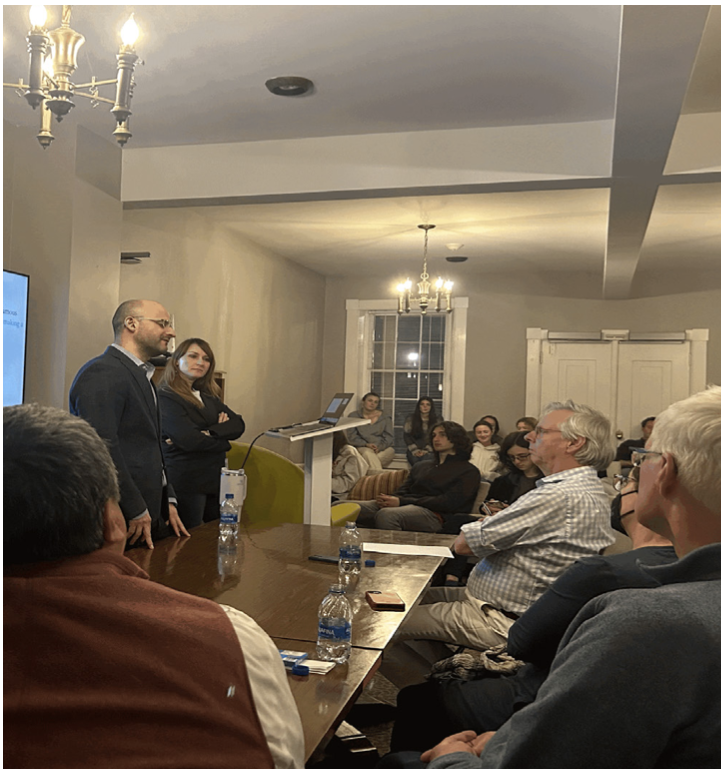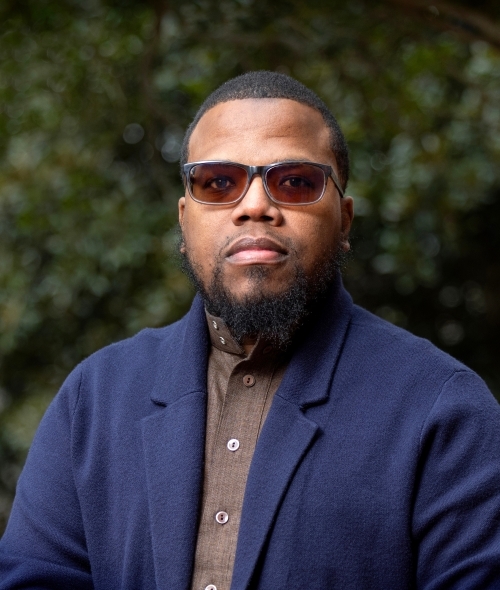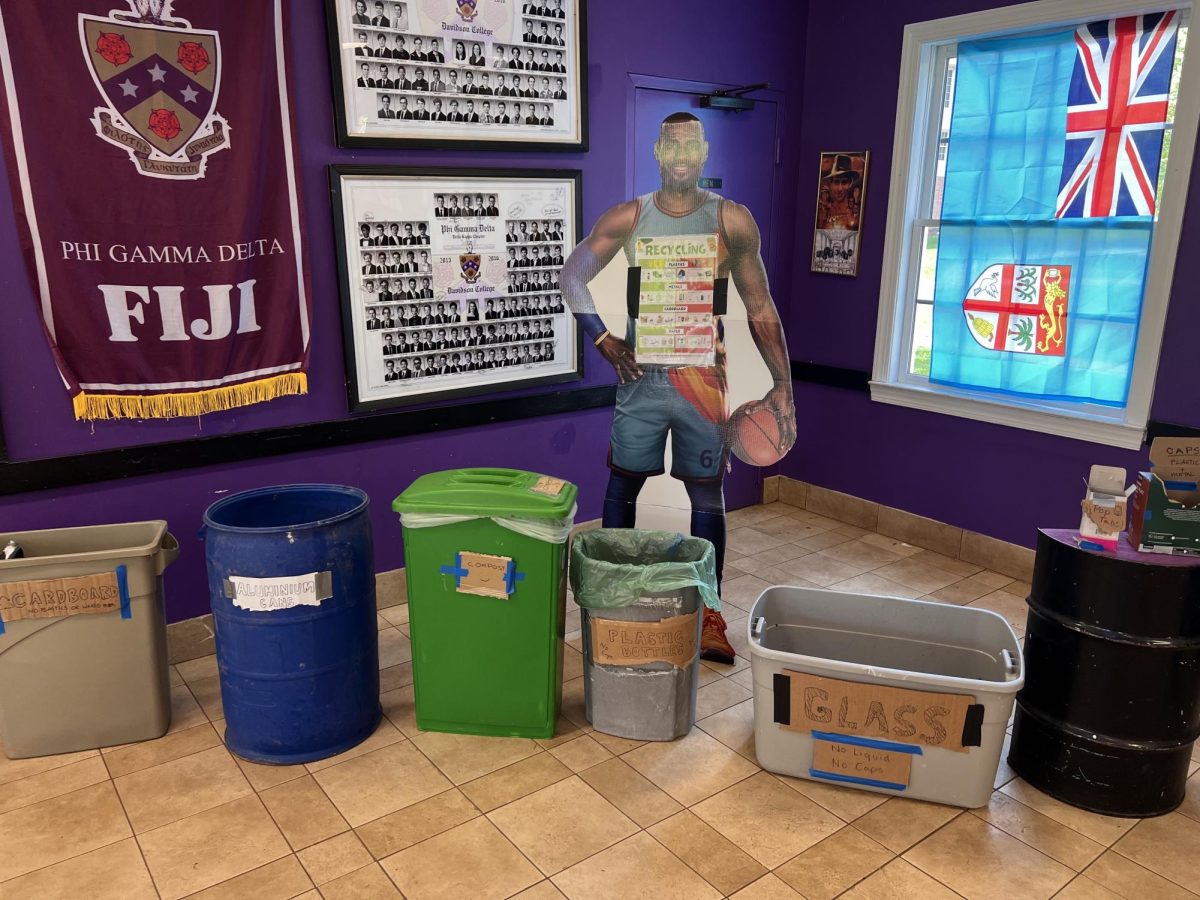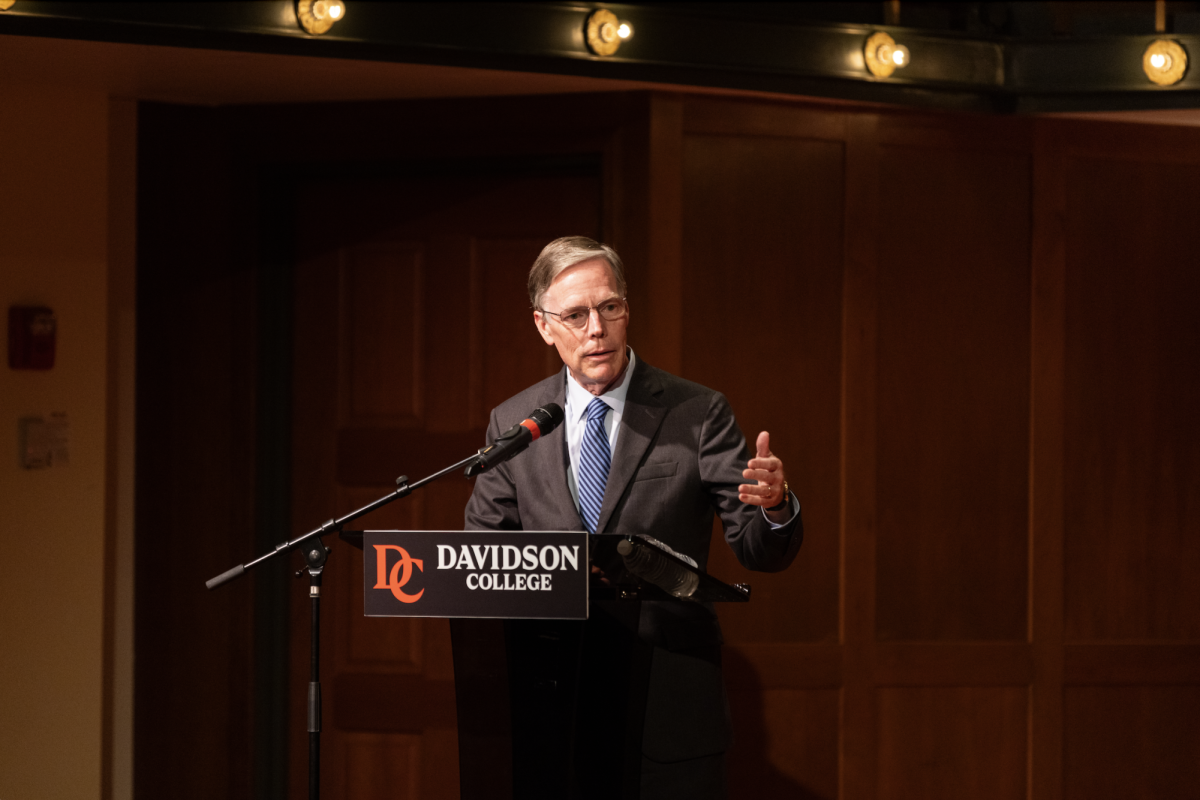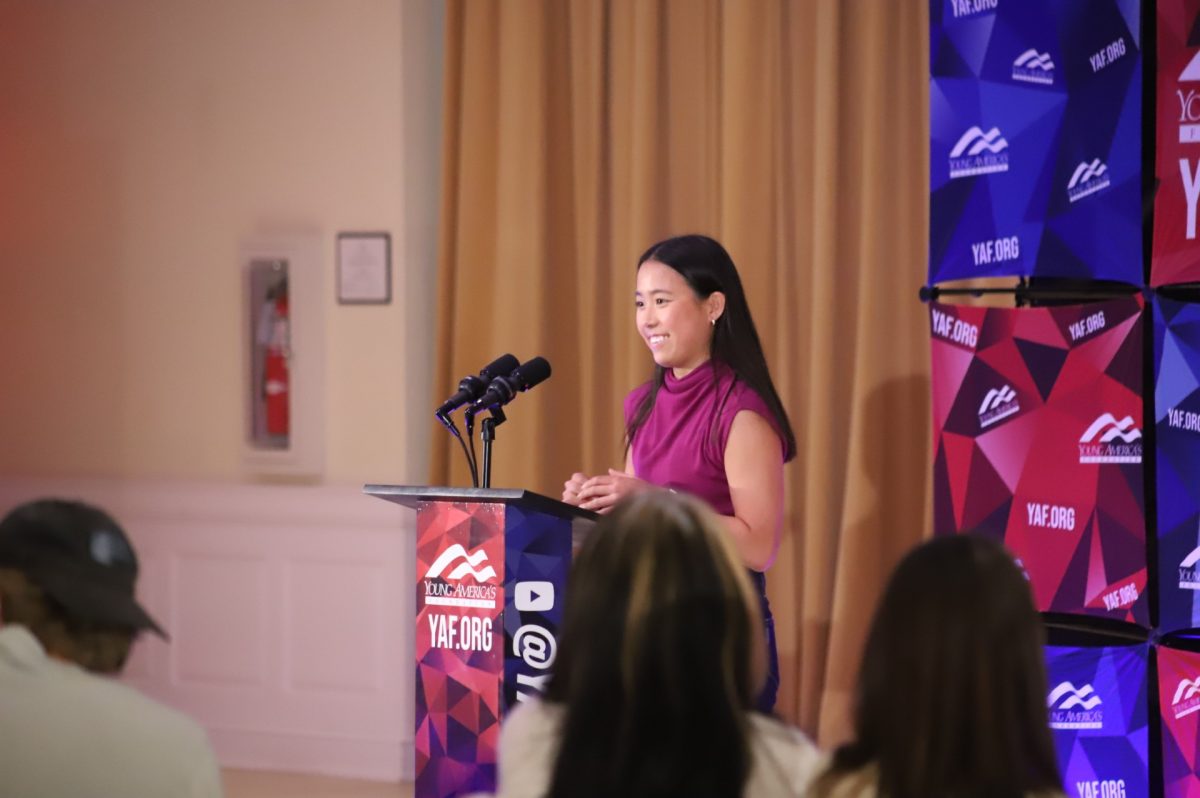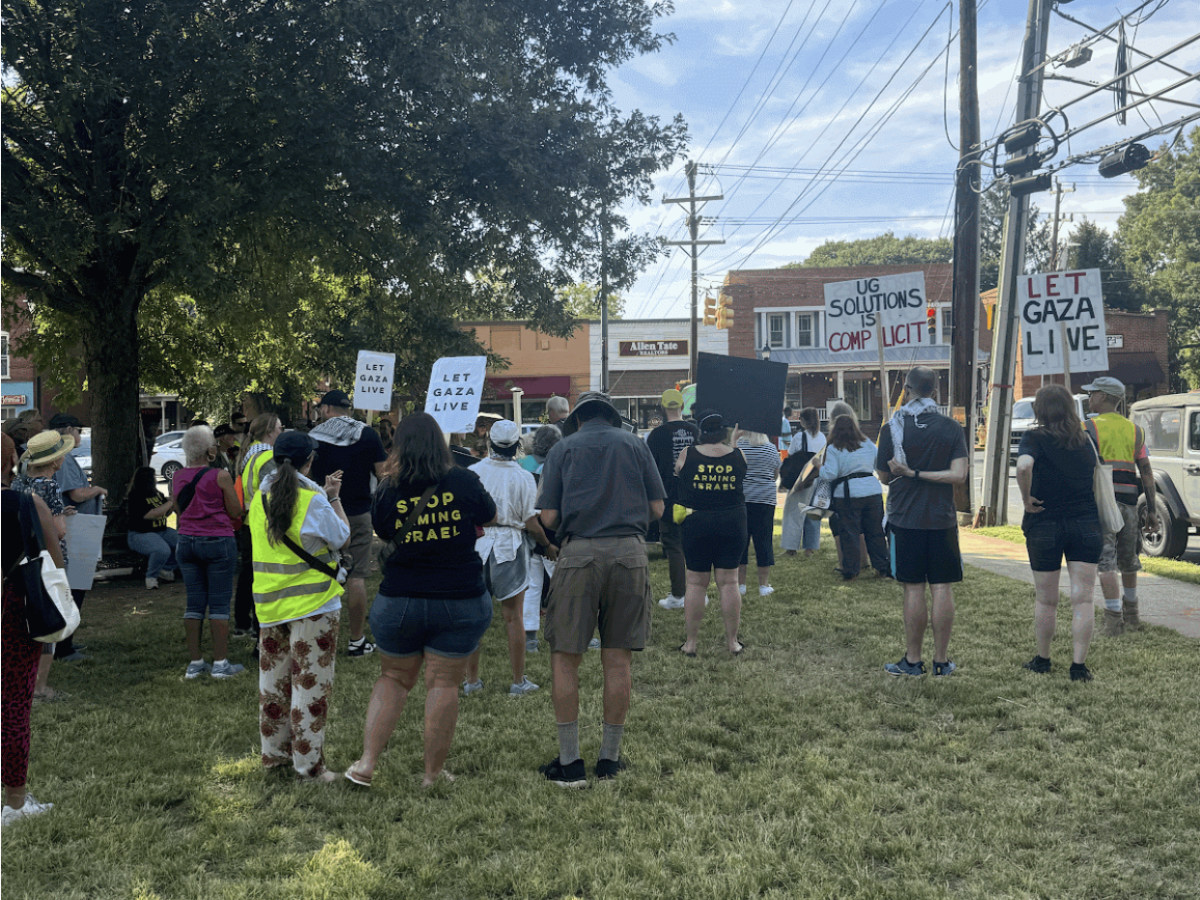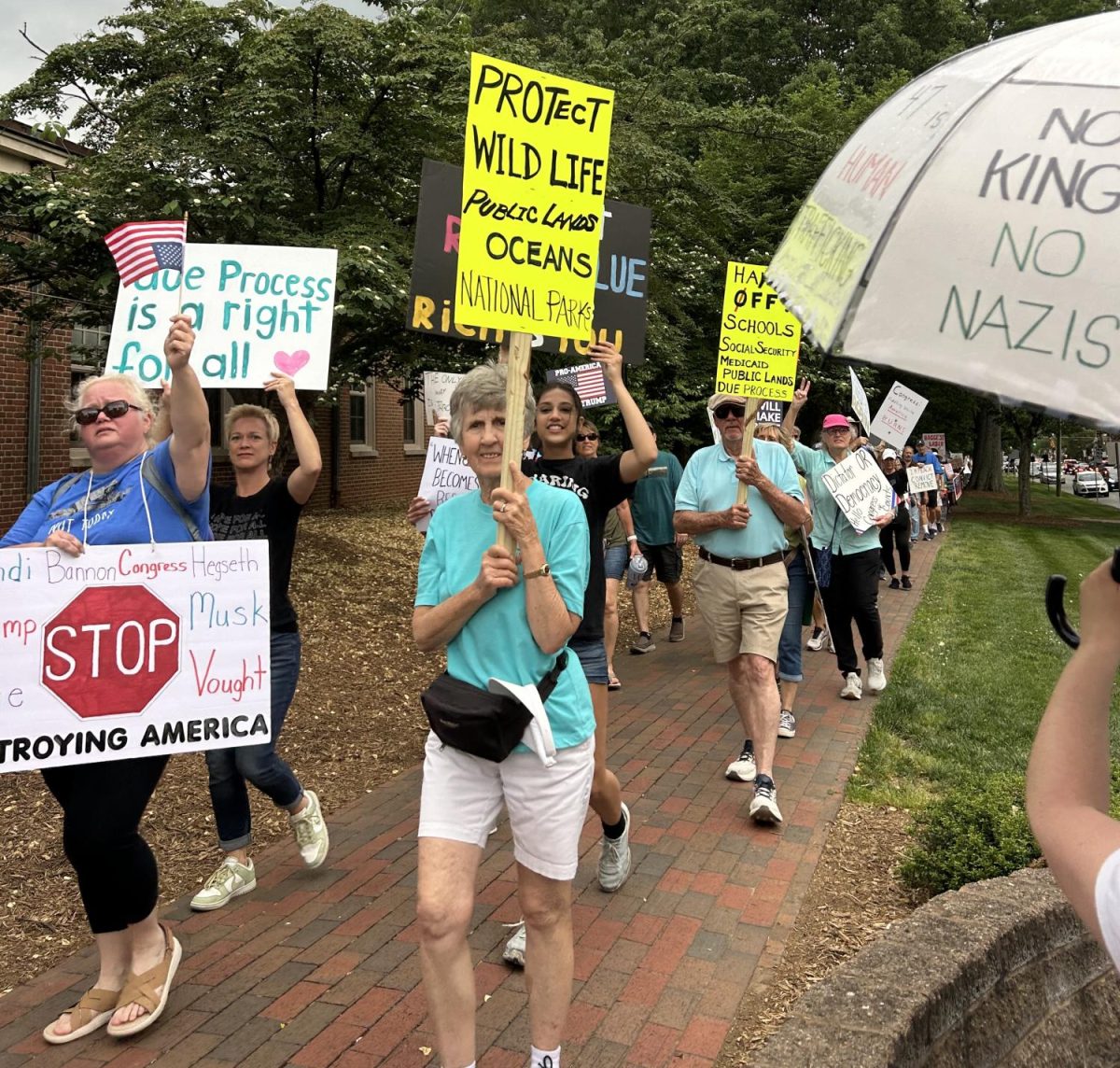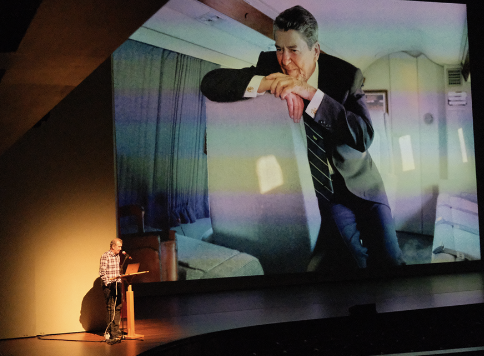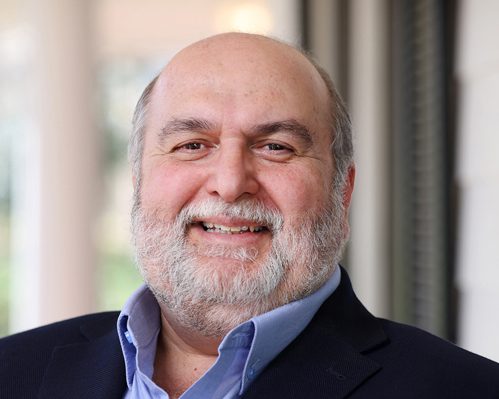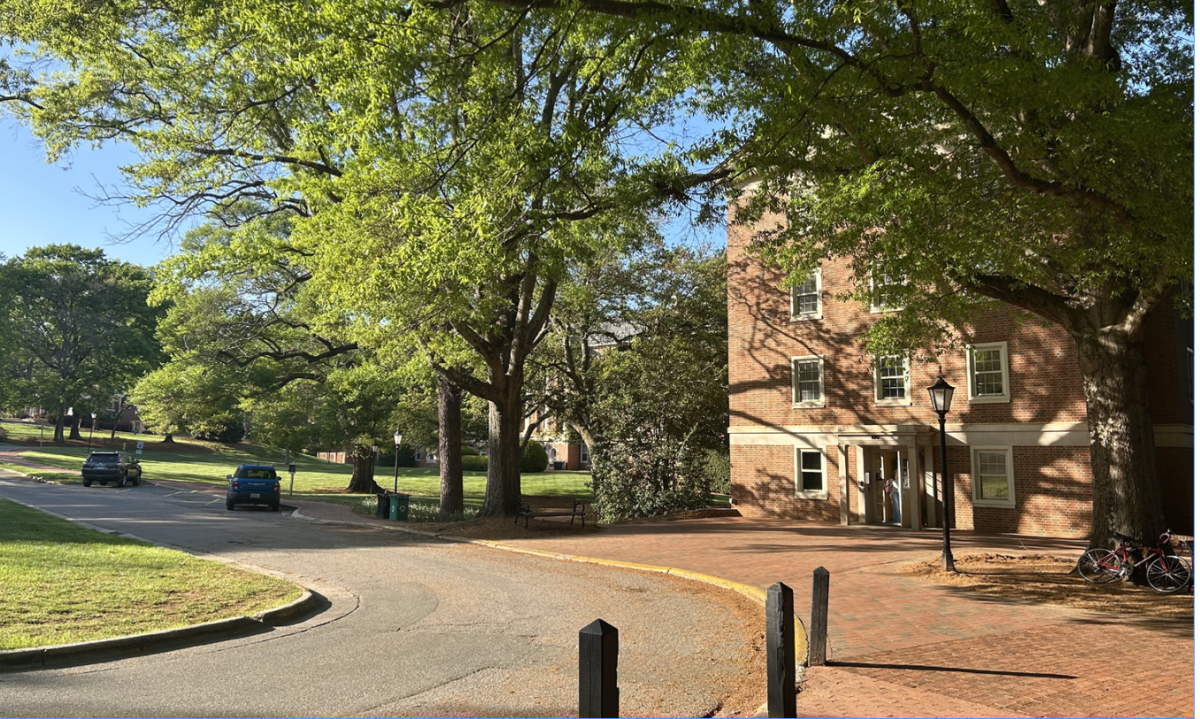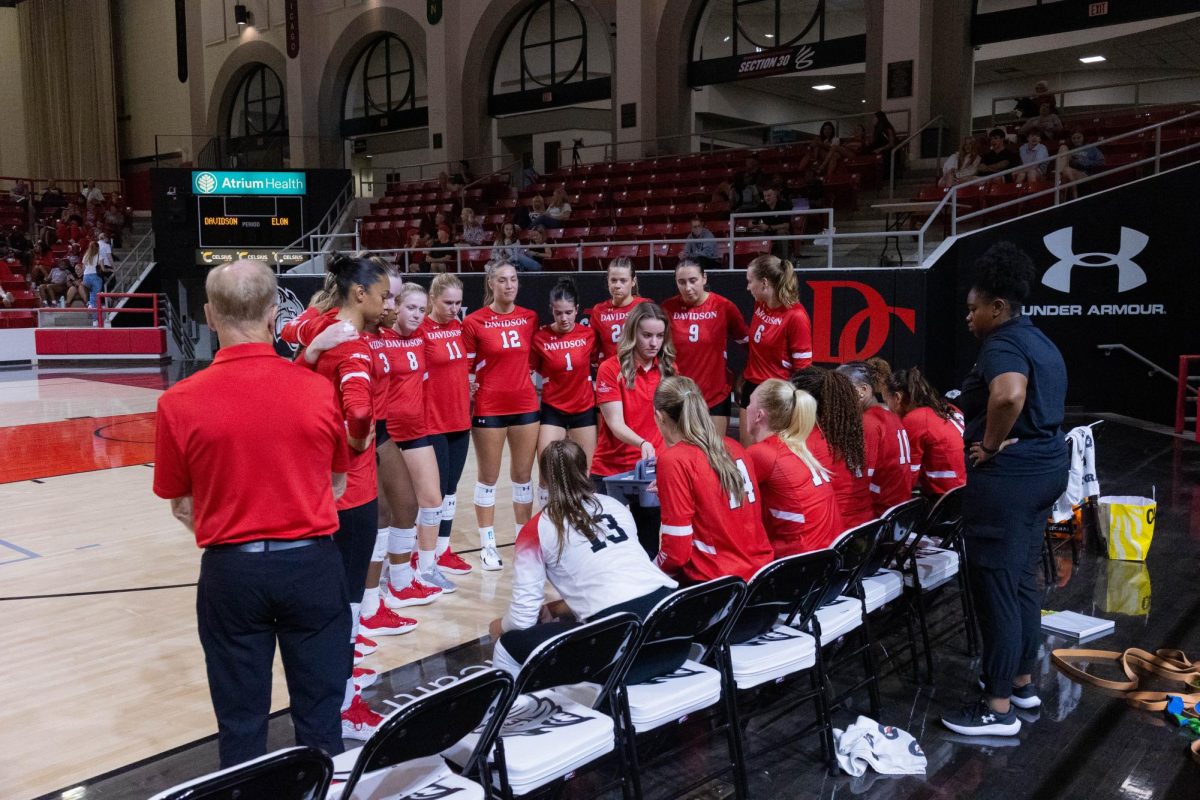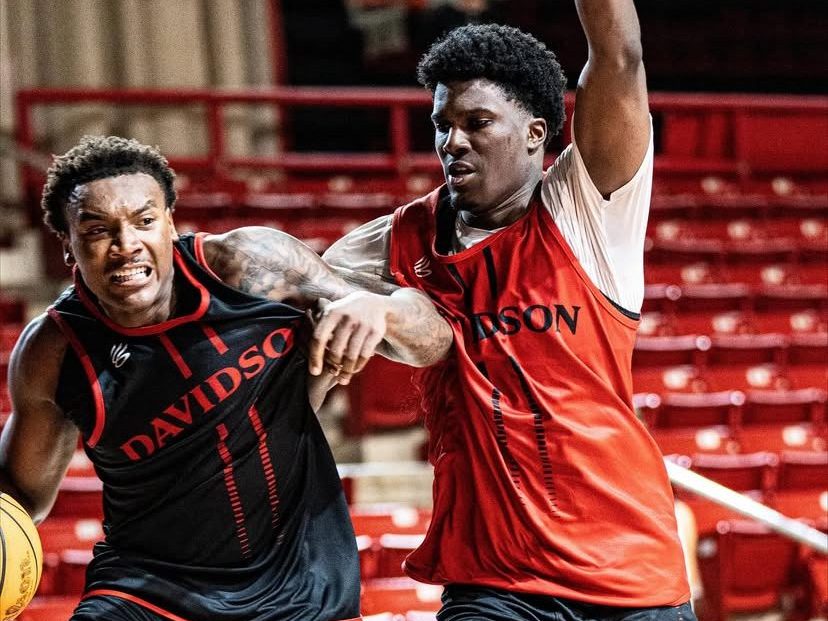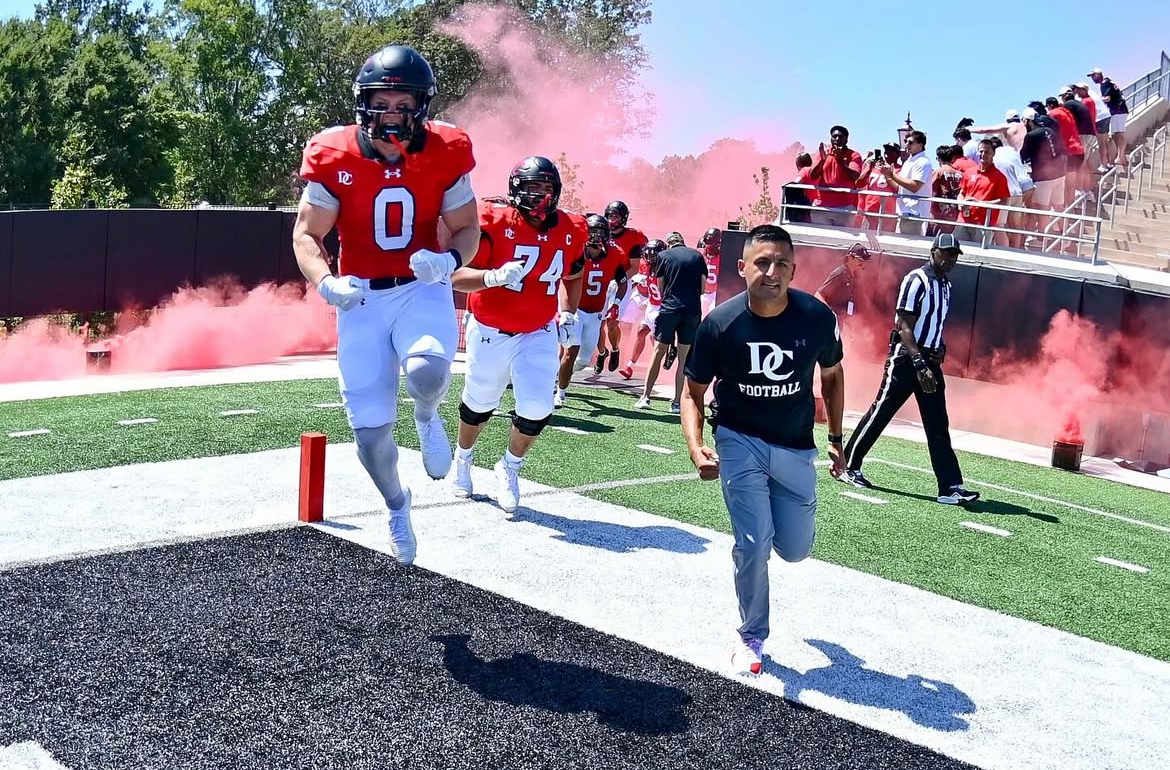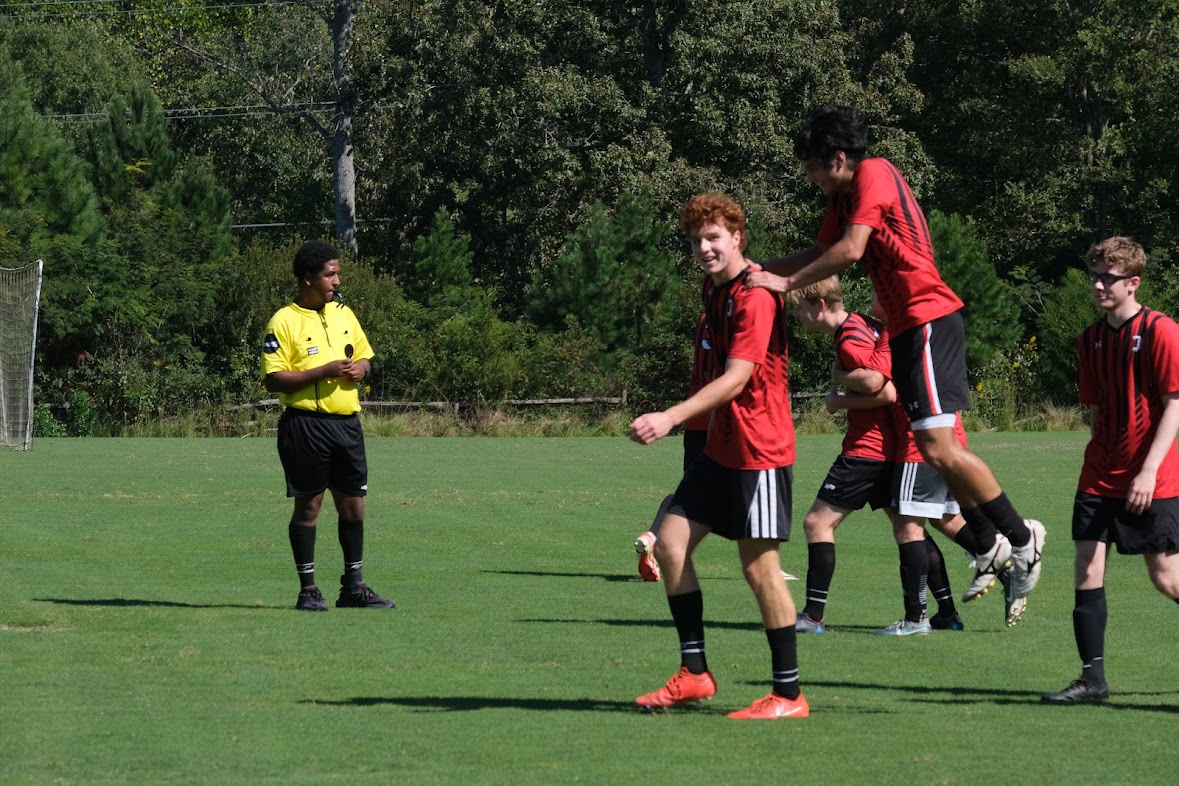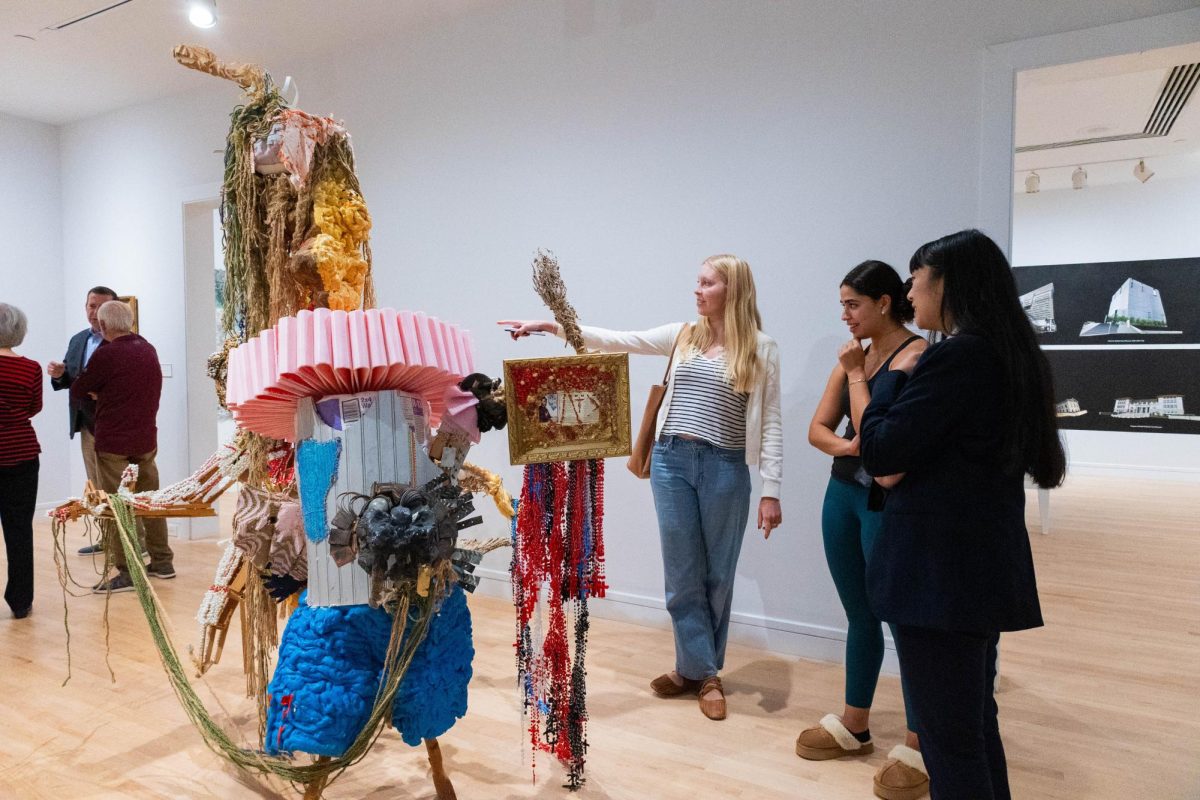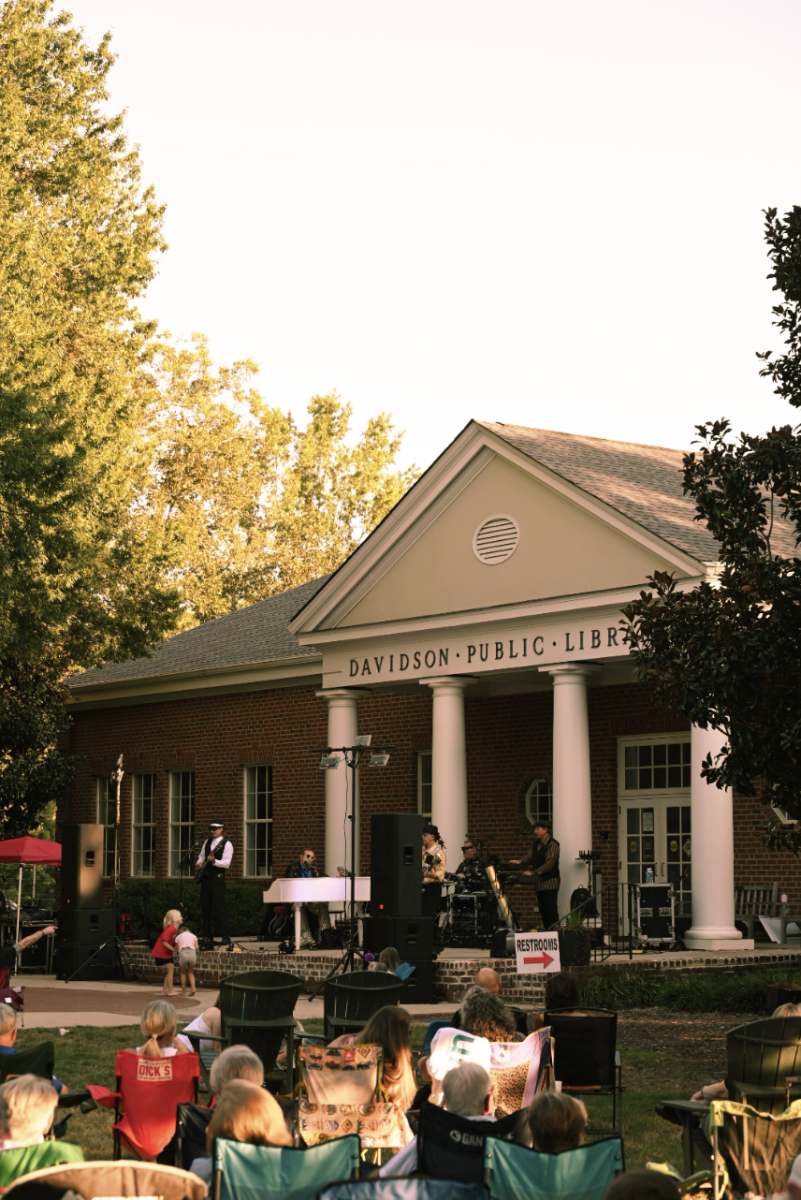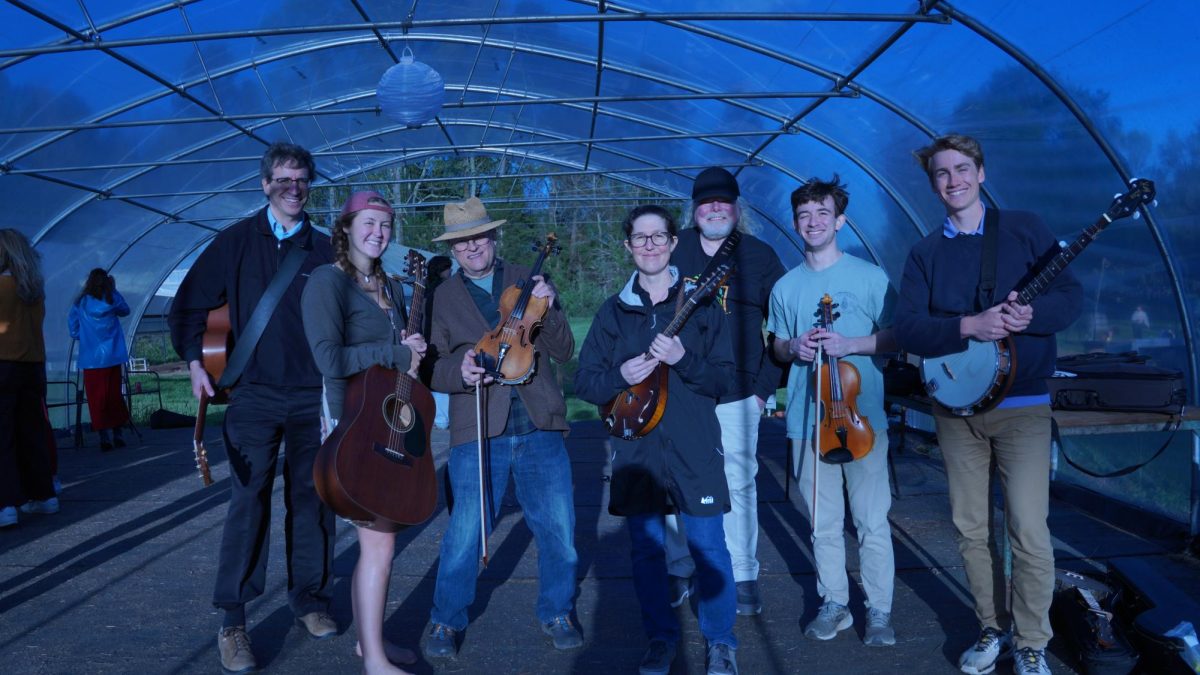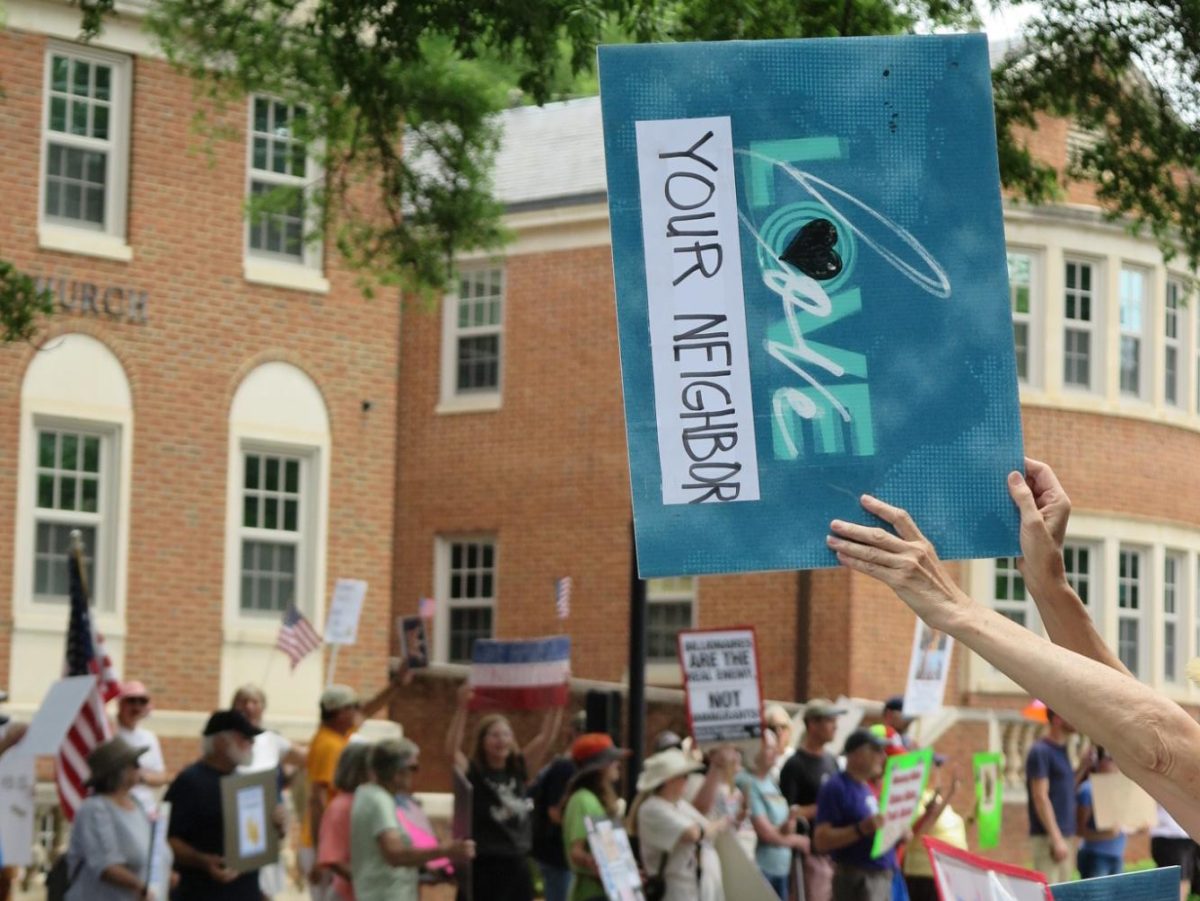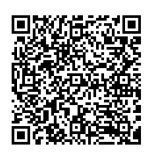Amid increased scrutiny towards international students from the Trump Administration, international students are paying strict attention to their visa requirements. This includes, among several regulations, weekly work-hour limits for students with on-campus jobs.
International students must be approved for an F1-visa in order to attend school in the U.S. Then, once they are in school, there are several federal regulations they must follow in order to retain their visas. This includes rules about what kind of job they can have on how many hours they can work.
The employment guidelines for F1-visas dictate that international students can only work for their university. The same guidelines prohibit them from exceeding 20 hours of paid work each week. While the Davidson student handbook limits every student employee to 20 hours per week, the consequences of going over are much more severe for international students: the termination of their visas.
Hideki Harada ’26 is a political science and gender studies double major from Peru. Harada has worked at Davidson since his first year and has six jobs: Research Assistant for both Dr. Zhu and the Hispanic Studies department, French and Spanish Apprentice Teacher, a Writing Center Spanish-Language consultant, and he works for Students for Inclusive Academics at Davidson. Harada took on so many jobs to make up for tax laws that cut into his pay.
“My country doesn’t have a tax agreement with the US, which means that I pay a bit more than 30% in taxes. If I’m working the highest paying job my fourth year here, I’d probably get seven or eight bucks out of the 12. Even if you’re working 20 hours [at the] highest paying job and your country doesn’t have a tax agreement, you’re not getting much at the end of the day,” Harada said.
Harada, like several other international students at Davidson, meticulously tracks his hours each week, double checking to avoid any complications.
“It’s a lot of juggling how you manage your hours, and [making sure] you record the exact hours,” Harada said. “I have a spreadsheet where I have to record how many hours I work, and how many hours I plan to work.”.
The College provides international students with reminders about hours and how to manage Oracle Web Clock, Davidson’s payroll system.
“The International Students Office here does a good job at hammering down the fact that you cannot work more than 20 hours,” Harada said. “You’re reminded every year when you’re hired, but it’s on you to make sure that you’re limiting yourself or abiding by those limits.”
Angie Edwards is the director of the International Student Engagement Office (ISE). She works to make sure students are aware of their responsibilities from the beginning.
“When a student’s coming in for the first time is when a lot of the communication around visa rules and regulations are communicated,” Edwards said. “[Students] really need to know either before or as soon as they get to campus, because the expectations start as soon as they land in the US and are admitted on an F1-visa.”
The ISE holds meetings throughout the year to keep students informed. “During pre-arrival communications we have a series of virtual sessions with students, even while they’re back home over the summer, and then pre-orientation [leading] up to orientation each fall, during which there’s a specific F1-visa regulations information session that’s mandatory for everyone on an F1-visa to attend,” Edwards said. “We go over all the rules, requirements, limitations, things [they] need to know.”
Edwards said she doesn’t know of any students who’ve exceeded the 20 hour limit.
Obtaining visas in the first place is becoming increasingly difficult. President Doug Hicks ‘90 explained to The Wall Street Journal that in late May of 2025 the State Department halted visa interviews while 36 incoming Davidson international students still needed to get their visas. According to Hicks, the administration helped students find consulate appointments in other countries and ensure they made it to North Carolina in time for classes to start.
Making it to campus, however, has not meant an end to the uncertainty. In August, the State Department told the BBC that they had revoked more than 6,000 student visas. According to the State Department, approximately 4,000 were revoked because students “broke the law:, while about 200-300 were revoked for “terrorist activity.”
The Davidsonian spoke with an international student who wished to remain anonymous out of concern for their safety. The student is a sophomore, and has worked on campus through their three semesters at Davidson. They currently work at the Sustainability Office, as a photographer for the college, and as a hall counselor for the Residence Life Office. Being a hall counselor accounts for 12 of the 20 hours each week.
“[My other] two jobs have always given flexibility with my time. Every week, [I] get to pick and choose assignments, and this has made it much easier for me to stay within my working limits and keep track of my hours,” the student said. “If I had a job where I had to work more regular shifts for a longer period of time, [then] I think it would have been more difficult for me to keep track of [my hours].”
This student keeps up with the media coverage of deportations and student visa rejections in the US. They expressed confidence in how they were handling the visa regulations despite such stories.
“For me, there isn’t necessarily a fear of anything happening, because I always do work under the 20 hour limit,” the student said. “I have a four-year visa. [I] don’t plan on staying beyond that.”
The ISE provides spaces for international students to sit and process their thoughts and fears amidst the uncertainty associated with being on a visa.
“We try to leverage a combination of things to show student support and ensure that they’re connected with resources,” Edwards said. “Sometimes it’s making sure that students are reminded of or connected with resources through the Center for Student Health and Well Being, the Chaplain’s office, or the Care Team. We’ve had a couple of like, hey, just we’re gonna hold this space, feel free to come drop in. If you want to talk about what’s happening or going on, you’re more than welcome to do that.”
The reality remains that many international students are meeting the year with increased vigilance. “You always want to be cautious, especially now,” Harada said.

